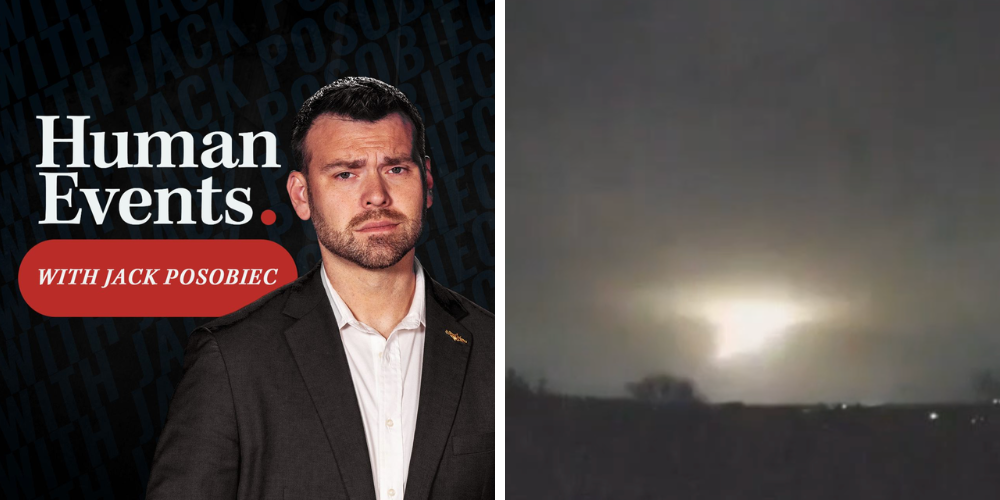For those paying attention, Russia has become considerably more forceful in the last year. From military intervention in Ukraine over
control of the Crimea peninsula, to substantial increases in air platform surveillance and military flights around Japan, to incursions into northwestern U.S. and Canadian air defense zones, to submarine and spy ship activities off the eastern and gulf coasts of the U.S., suspected computer system hacking of major American banks and maybe even the shoot down of a Malaysian passenger plane, Vladimir Putin has the Russian bear roaring for all to hear.
Putin is a devout nationalist who pines for the glory days of the Soviet Empire and all the muscle and influence that once made it a great super-power. His attempts to regain what he believes Mikhail Gorbachev and Boris Yeltsin threw away have been documented and discussed almost to exhaustion, but this latest show of force has more ominous tones than merely the flexing of renewed confidence.
Remember that Russian President Vladimir Putin is a retired Lt. Colonel in the infamous KGB where he initially served in the Second Chief Directorate (counter-intelligence). He spent the bulk of his career in The First Chief Directorate, the organization responsible for foreign operations and intelligence collection activities by the training and management of the covert agents, intelligence collection management, and the collection of political, scientific and technical intelligence.
It is, then, no coincidence that Putin???s push comes following Edward Snowden???s theft of terabytes of data from the National Security Agency
(NSA) and his flight to and residence in Russia. Snowden???s cover has been that he is a whistleblower inspired by conscience to reveal NSA
surveillance of American citizens. Despite the massive amount of information Snowden stole, that which he uses to justify his actions amount to a miniscule portion of the total take. So what else did he take that he has not shared with the world? And who else has it?
The Japanese Defense Ministry says instances of Russian bomber and spy sorties near and sometimes within Japan???s air defense zone has ???more than doubled??? in the last six months. Actual incursions into the zone have jumped by 70%.
Is Russia afraid of Japan? Is it worried that Japanese forces are gathering in Hokkaido to launch an attack on Kamchatka? Of course not. What the Russian military is doing is testing; not aircraft and ships, but intelligence collection capabilities.
In the flights near Japan, Russian bombers are intentionally lighting up Japanese and American defense detection and tracking capabilities.
The surveillance aircraft and their ground control and support units are monitoring fighter scrambles and testing Command and Control
Communications (C3), radar, telemetry, Japan Air Self Defense Force/U.S. Pacific Air Force interaction, scramble codes, communications frequencies and even satellite coverage and accuracy. In doing so, Russia can better assess their own ability to operate in an intelligence collection-rich environment and do so near their own border. But it is likely that Russia is doing more than just tweaking responses. They may well be testing new capabilities.
Jane???s Defence Weekly reports the Russian defense budget will grow by 18.4% in 2014 and will rise by a further 21.7% in 2015 and another
11.6% in 2016. As of this year, Russian military expenditures have increased by a massive 92.3% since 2010.
By the end of the Soviet Union, the military was a sad and antiquated shell of the forces that shadowed the world in Cold War brinkmanship.
As Putin???s military machine grows, he wants to make sure it is as modern and efficient as any in the world. He also needs to make it as
obscure and unreadable to U.S. monitoring, collection and analysis.
Using information gathered by Edward Snowden, the new Russian military will improve its own intelligence expertise and develop counter-measures to neutralize those of the United States and his other perceived challengers.
Snowden did not create Putin???s audacity nor did he embolden the Russian president???s resolve. Nonetheless, the intelligence Edward Snowden gave Vladimir Putin has and will enhance Russia???s ability to create a more powerful and confident adversary for the West. With the top secret information he now holds, Putin hold the world hostage as he recreates the Evil Empire. That will be Edward Snowden???s true legacy.
Charlie Speight is a retired NSA executive spending 35 years in Operations. Currently living in Lexington, South Carolina, Charlie is an established political opinion writer and advisor
Putin???s military bravado enhanced by stolen secrets
For those paying attention, Russia has become considerably more forceful in the last year.
155096
Image:
Popular
View All-
JOHN MAC GHLIONN: Medical malpractice poses an existential threat to Americans
-
Trans pedophile rapist 'support worker' groomed 11-year-old UK girl after 'bonding' with her over Star Wars then raped her
-
JACK POSOBIEC: 'The majority of people voted against war'
-
Chinese crypto boss buys banana duct taped to a wall for $6.2 million at art auction, plans to eat it
-
New York Times forced to change headline claiming Israeli rabbi was 'found dead' in UAE—he was murdered
-
AVI ABELOW: The Trump administration is poised to deliver a long-term version of 'America First'




